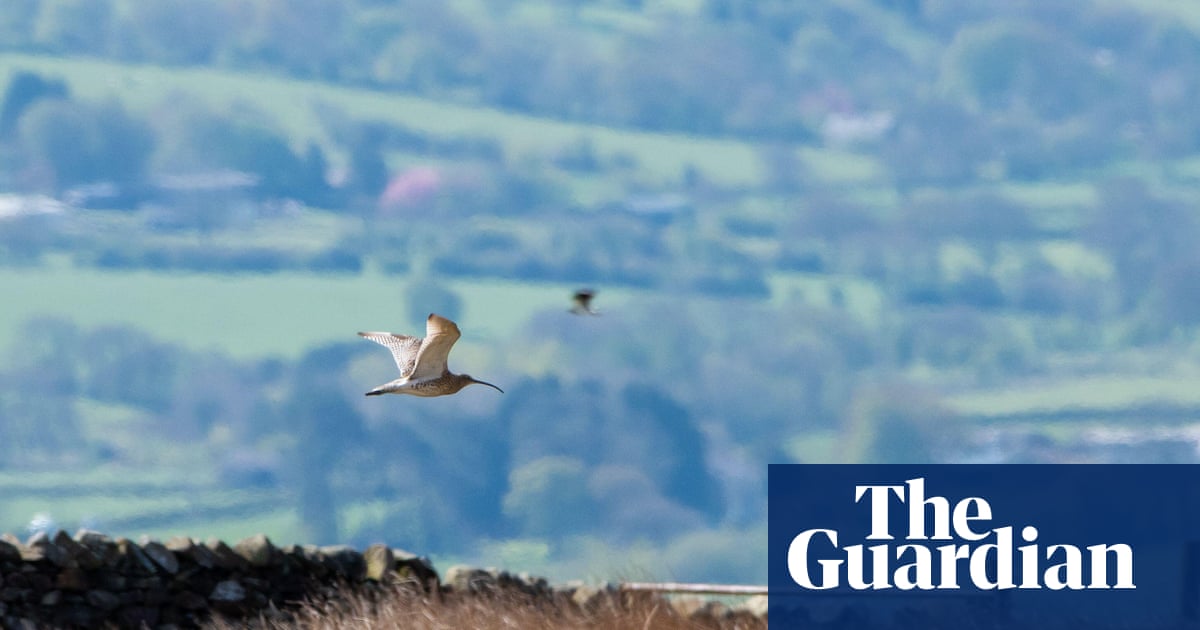The government may have failed to protect critical wild bird populations by neglecting to implement environmental law properly, the environmental watchdog has found.
Wild bird populations are declining across the UK. Under the EU, certain parts of Britain’s landscape were designated specially protected conservation zones when the UK was still a member state. They include estuaries, coastal areas and peatlands, as well as wetland areas where wading birds live, and places birds of prey prefer to nest.
However, according to the Office for Environmental Protection (OEP), the government has failed to ensure adequate protections for these areas and as a result, wild bird populations are declining.
Ministers are now passing the planning and infrastructure bill, which would deregulate these specially protected areas and put more than5,000 of England’s most sensitive, rare and protected natural habitatsat high risk of development, according to a Guardian analysis.
The OEP was set up after Brexit to hold the government to account under theEnvironment Act 2021, which was passed toreplace EU law. It has sent information notices to the government laying out the issues and giving it two months to respond.
Helen Venn, the chief regulatory officer for the OEP, said: “Government has a legal obligation to maintain populations of wild birds and ensure they have enough suitable habitat. One way in which they do this is through special protection areas, which are legally designated sites that protect rare and threatened wild birds.”
She added that the government appeared not to be meeting its legally binding plans and targets to halt and reverse the decline of species abundance.Recent government datashowed that overall, bird species declined in number UK-wide by 2% and in England by 7% in the five years since 2018. Faring the worst are farmland birds, which have declined in number severely – by about 61% over the long term (since 1970) and 9% in the short term (the five years between 2018 and 2023) – and woodland birds, whose numbers have fallen by about 35% over the long term and 10% in the short term.
“However, wild bird populations continue to decline across England … Our investigation has found what we believe to be possible failures to comply with environmental law relating to the protection of wild birds and we have therefore decided to move to the next step in our enforcement process, which is to issue information notices setting out our findings.”
Sign up toDown to Earth
The planet's most important stories. Get all the week's environment news - the good, the bad and the essential
after newsletter promotion
A Defra spokesperson said: “Britain is a proud nation of nature lovers, and we are taking bold action to reverse decades of decline. This includes £13m to improve our protected sites and better strategic approaches to restore native species and habitats.
“We will continue to work constructively with the OEP as they take forward this investigation.”
